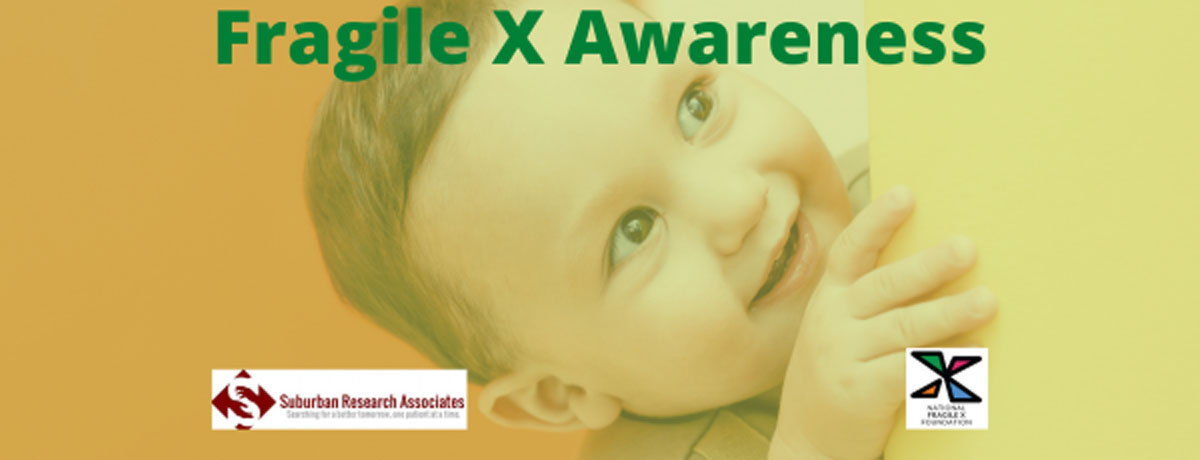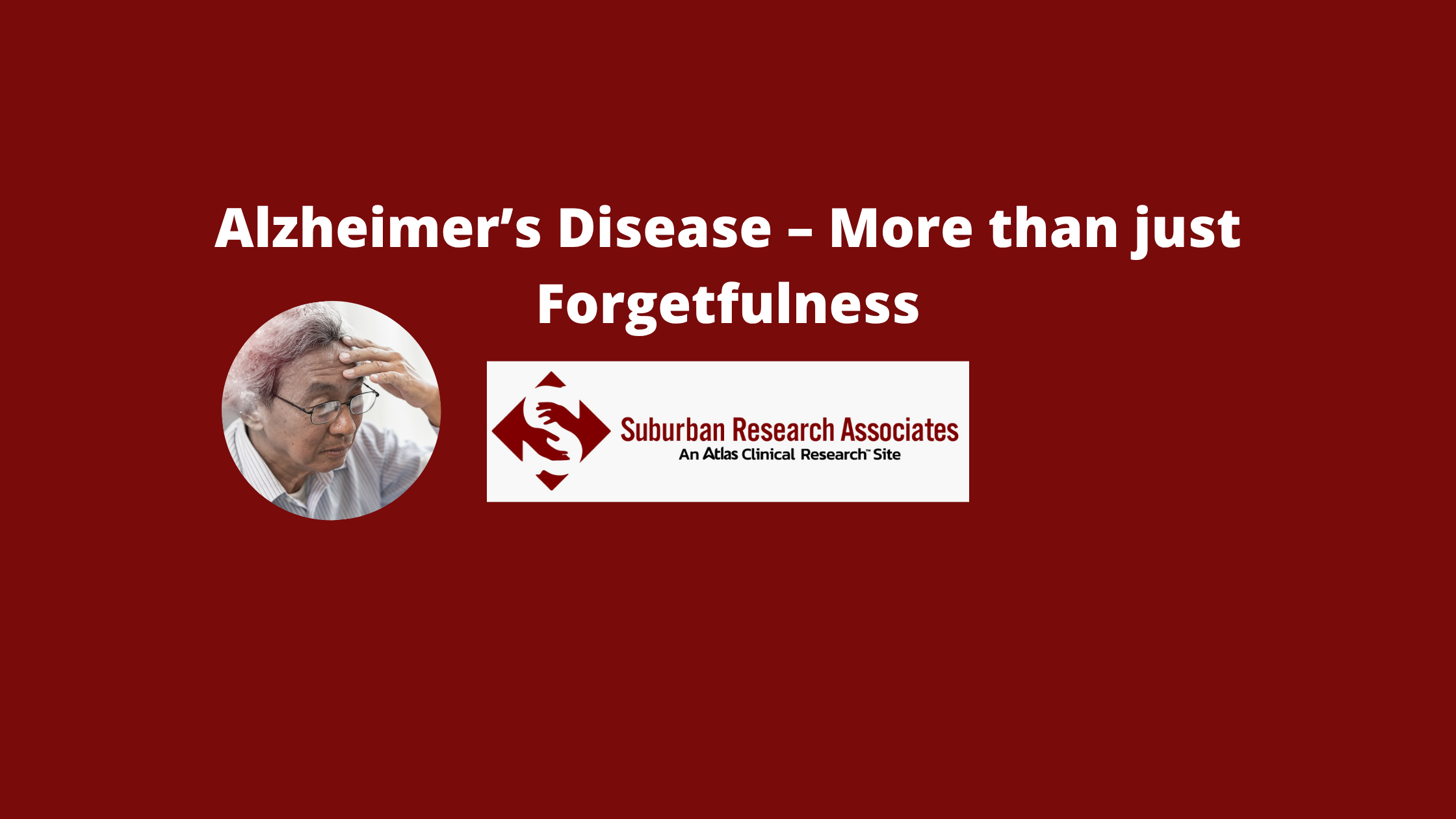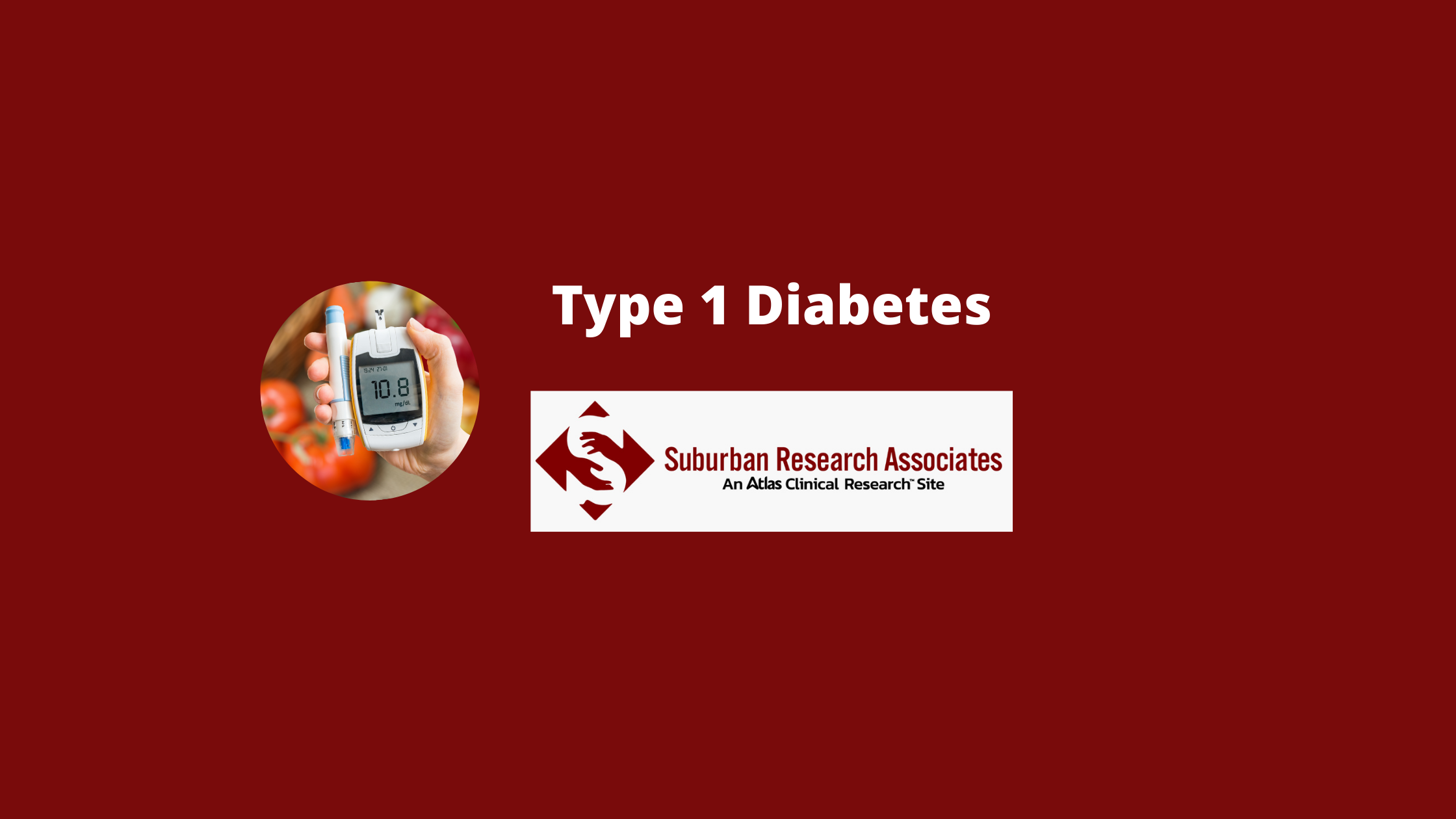Fragile X Syndrome is a complex disorder. In observance of Fragile X Awareness Month, we wanted to spread some information about the syndrome to create a better understanding for those unaffected and increase awareness.
Fragile X Syndrome occurs when a full mutation of the gene FMR1 is present. This causes different symptoms for all those diagnosed. However, some of the most common symptoms include intellectual difficulties or disabilities, along with behavioral and learning challenges. It could also include various physical disabilities that are unique to each individual as well. Fragile X Syndrome is more common in males compared to females.
There are also permutations of Fragile X Syndrome that are known as Fragile X-Associated Tremor/Ataxia Syndrome (FXTAS) and Fragile X-Associated Primary Ovarian Insufficiency (FXPOI). Permutations are/mean a variation of the gene. Both conditions are caused by a permutation of the FMR1 gene. FXTAS is more common in individuals over 50 years of age and can include symptoms of tremors and challenges with memory and balance. FXPOI occurs in women, usually before the age of 40, due to early menopause that impairs ovarian function and can lead to infertility.
Fragile X Syndrome affects 1 in 4000 females and 1 in 6000 males. Although its prevalence is low, it is important to spread awareness as it greatly affects the daily lives and overall well-being of those diagnosed and their caregivers due to the cognitive, behavioral, and often physical limitations it has.
You can find this information and more on all aspects of Fragile X Syndrome at the National Fragile X Foundation’s website (here). The foundation also invites you to attend their International Fragile X Conference Virtual Series. The next event takes place July 22nd (see website above for details).
Finally, although our latest Fragile X study has closed enrollment, please feel free to reach out if you would like to be contacted when the next Fragile X study becomes available at our site, whether it be for pediatrics or adults!
All information all above obtained from the National Fragile X Foundation linked above.




